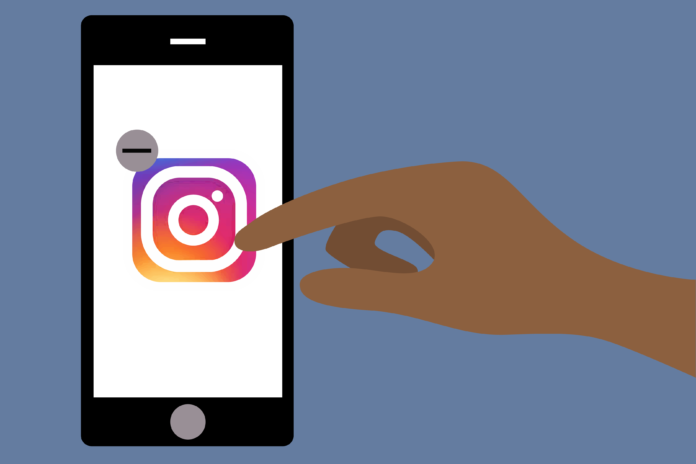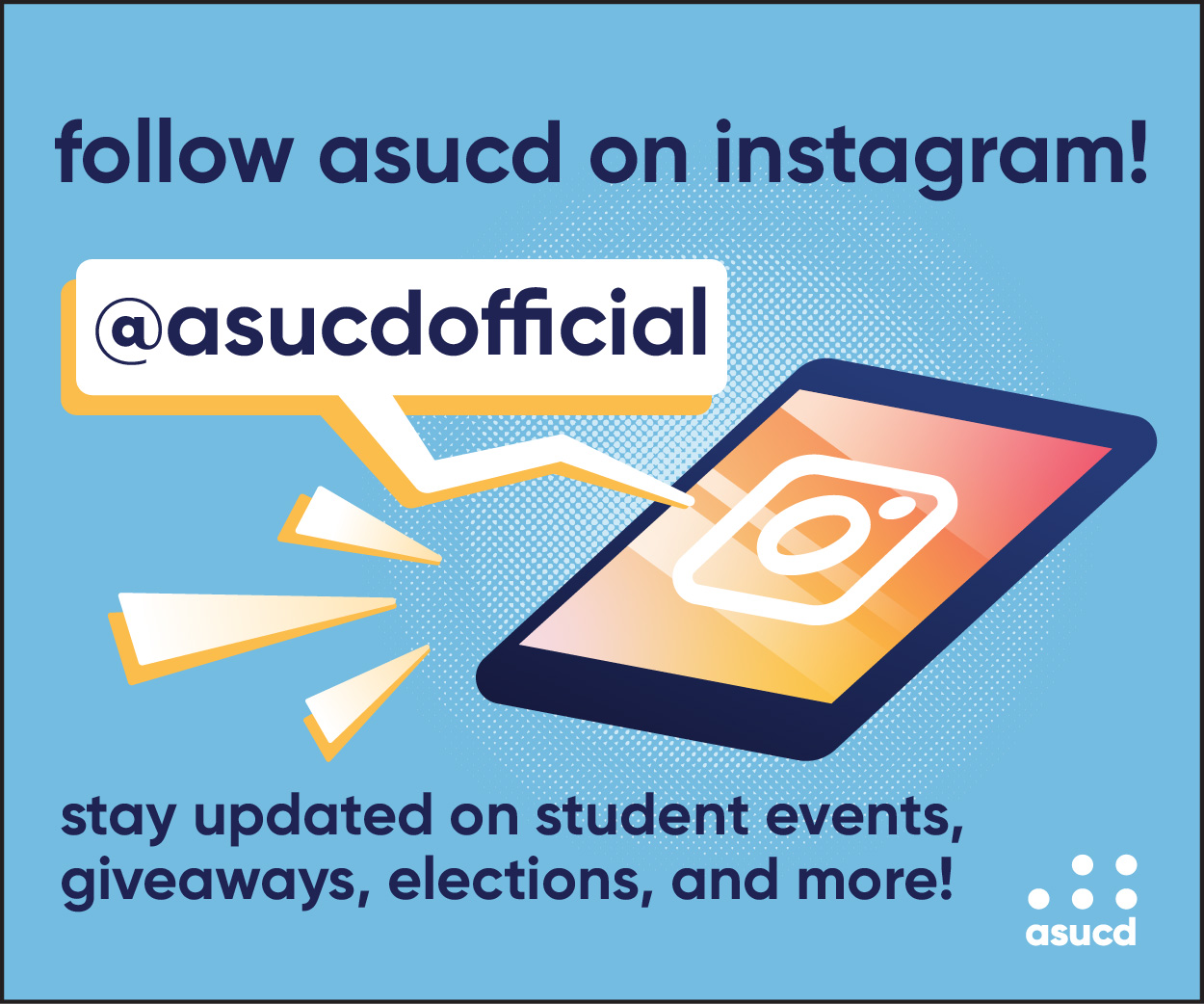A UC Davis Health psychiatrist and students offer insight and opinions on deleting social apps and the positive and negative consequences of social media
Social media is prevalent in the lives of many college students. Some, however, have recently made the decision to delete certain social apps from their phones. For example, Maile Kim, a second-year history major, decided to delete Instagram towards the end of November after periodically deleting and redownloading the app since its creation in 2010.
Kim’s main motivation for deleting Instagram was the new shop feature on Instagram that allows users to browse and purchase products through the app. She saw this feature as taking advantage of users’ attention in order to promote trade.
“That just really threw me off and I was like, ‘Oh my gosh, this app is totally commodifying everything,’” Kim said. “And it was just so blatant. So that really made me feel uncomfortable.”
Beyond her dislike for this feature, Kim found that Instagram was taking greater precedence in her life than she wanted it to.
“I just noticed that as time goes on, the significance of Instagram in my life has just grown dramatically, and I think that it’s the same for a lot of people, just the way you hang out with people, the way you take certain photos, it just has completely changed society,” Kim said. “I really wanted to get out of that cycle and not care so much about how others view me and how my feed looked or how I presented myself online.”
Kim noted that with the increase of time spent indoors as a result of the pandemic, she felt that she more often compared herself to others through Instagram.
“In relation to quarantine I feel like I definitely spent a lot more time on Instagram and especially comparing myself and seeing everyone picking up new hobbies or doing this and doing that,” Kim said. “And I felt like, ‘Oh my God, what am I doing with my life?’ I don’t think [quarantine] necessarily directly correlated to me deleting it, but it did intensify those feelings of comparison for sure.”
Dr. Paula Marie Wadell, a child and adolescent psychiatrist and the medical director of early psychosis programs for UC Davis Health, believes that social media has the potential to disrupt life patterns and make it harder to complete tasks with a focused mindset.
“I do think there’s a level at which engagement in social media can become so problematic that it interferes with normal functioning,” Wadell said.
While Wadell has her own opinions about social media’s effects on attention and functionality, she acknowledges that social platforms can be both positive and negative.
“That’s what’s so difficult about social media,” Wadell said. “I think we’ve got people on one side of the issue saying that you know, it’s this harmless thing, it’s great. And then other people on the other side of the issue saying it’s toxic and drives some teens to suicidal thoughts and behaviors. Like so much in life, the truth lies somewhere in the middle.”
Victoria Odom, a second-year biological sciences major, made the decision to permanently delete Twitter after years of deleting and reinstalling the app. For Odom, Twitter is a problematic atmosphere that often houses unproductive arguments.
“It totally brings out the worst in people because people would never say this type of stuff to each other in person, yet they have no hesitation doing it on this platform,” Odom said. “Every time I’d log in, I feel like I’ve been bombarded by arguments, especially during the debates and the election. I feel inclined to chime in and then I just get angry too.”
Wadell believes that social media can either be a way for users to vent their anger or a healthy forum for building connection.
“There’s a tendency to behave in ways that you never would face-to-face and say things that are really hurtful,” Wadell said. “The other side of it, of course, is we’re in a pandemic and so there’s some level of engagement on social media that can be really adaptive and helpful.”
In Wadell’s work with adolescents, she has witnessed that her clients have an increasing understanding of the possible negative effects of social media.
“I think [with] a lot of young people I’ve been really impressed,” Wadell said. “I think older generations are not giving younger generations enough credit for the thoughtfulness that I see in many of them. I see them bringing up [that] social media is a problem. I think that there’s a growing recognition of what problematic use might be, and what helpful use is.”
Written by: Lyra Farrell — features@theaggie.org



